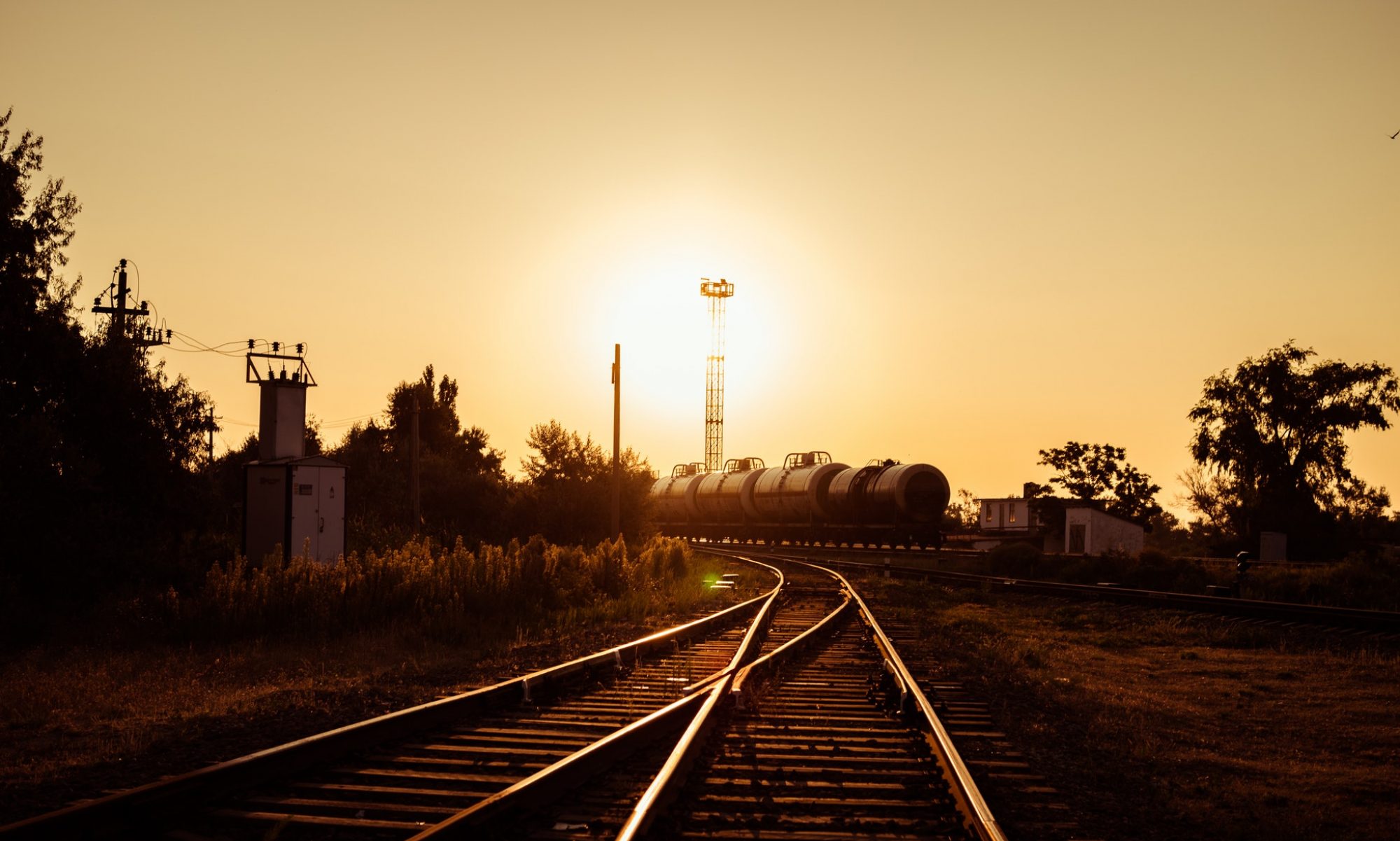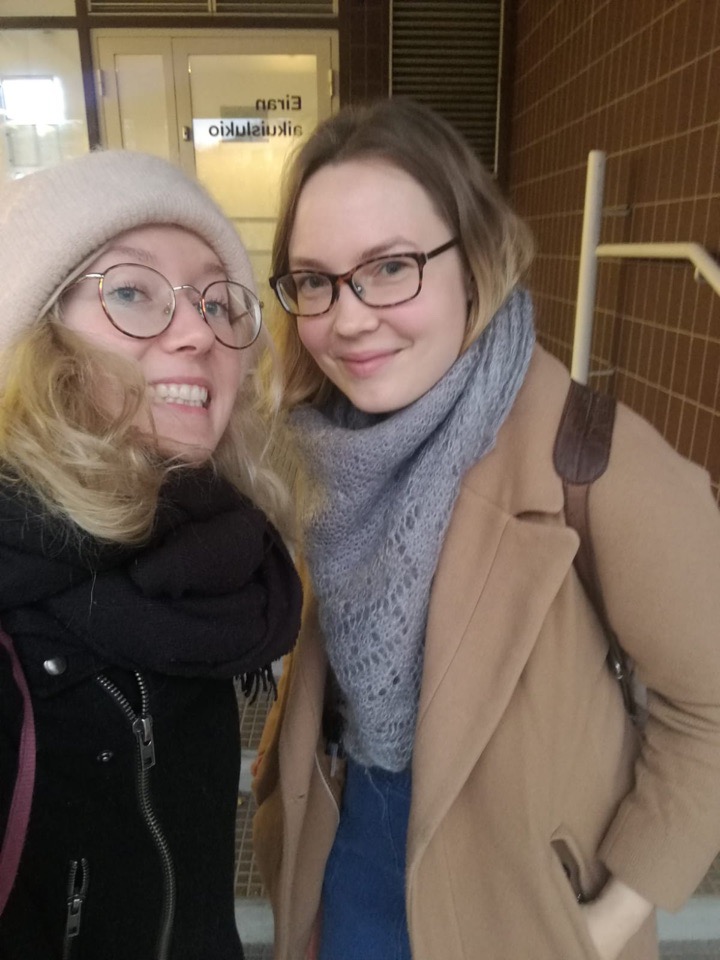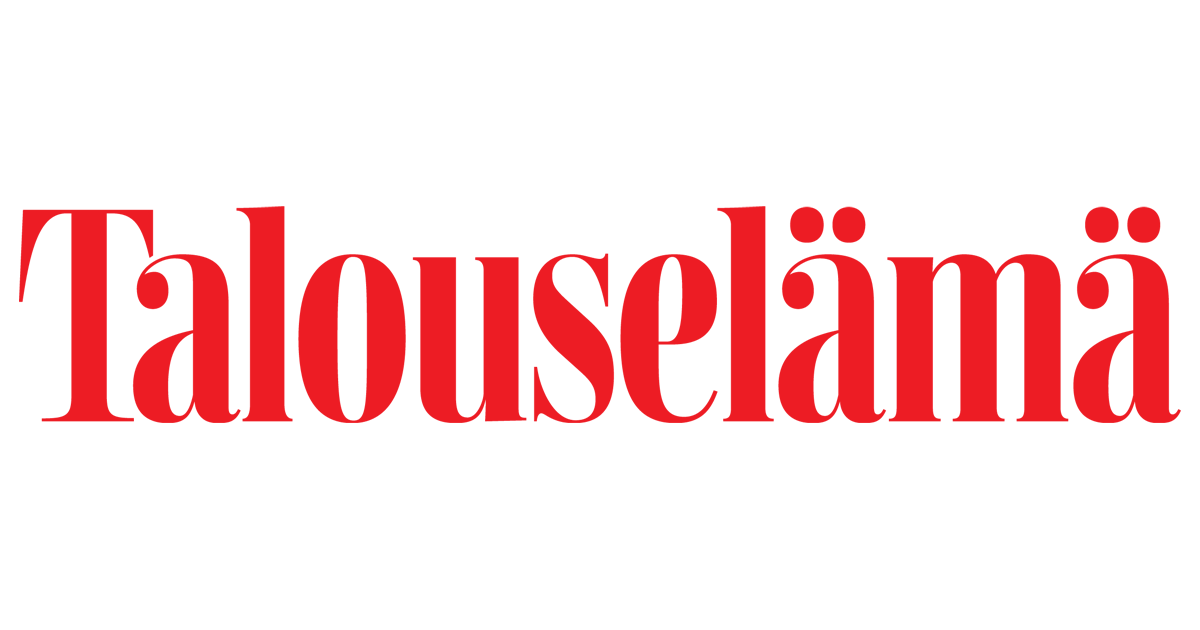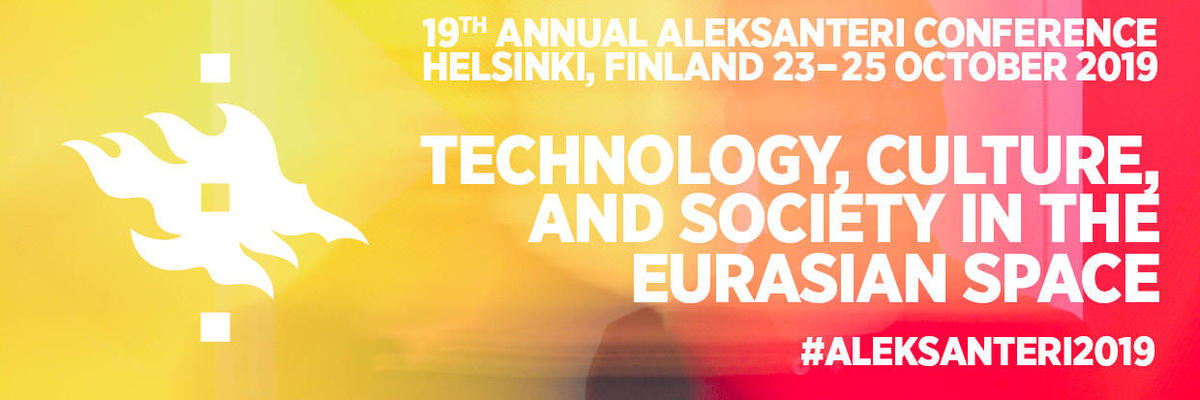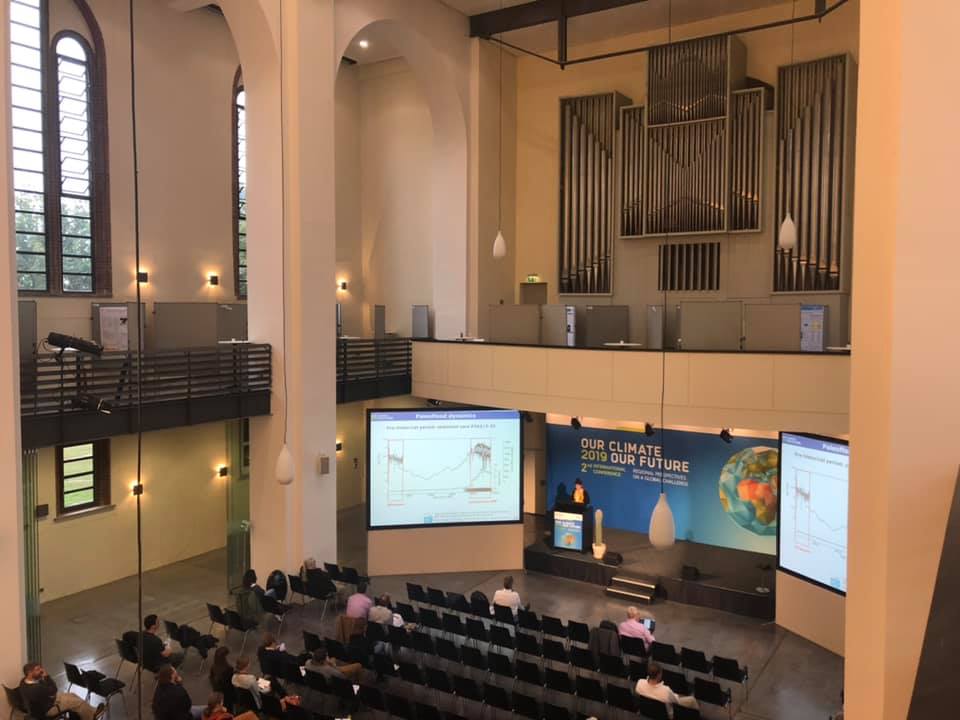Today our PhD students Sohvi Kangasluoma and Hilma Salonen gave a lecture “Arktiset luonnonvarat – Fossiilitaloutta vai jotain muuta” (Arctic natural resources – Fossil economy or something else). The lecture was a part of Arktinen ulottuvuus integraatiokurssi (Arctic dimension integration course), organised at the Eira High School for Adults. The doctoral candidates say that the audience was genuinely interested and engaged in active discussion with them.
EU:n riippuvuus venäläisestä fosfaatista kasvaa – ”Johtoryhmällä tiukat kytkökset Putinin hallintoon”
Talouselämä published a new article EU:n riippuvuus venäläisestä fosfaatista kasvaa – ”Johtoryhmällä tiukat kytkökset Putinin hallintoon” (EU dependence on Russian phosphate grows – ‘Senior management group has strong ties to Putin’s administration’) with Veli-Pekka Tynkkynen’s comments in it.
“In Brussels, we imagine that the EU is a united player. However, it does not have a common voice on issues related to strategic natural and energy resources,” says Tynkkynen.
Read the full article on the newspaper’s website.
Nadir Kinossian’s review of the “Russia’s Far North: The contested Energy Frontier”
Nadir Kinossian wrote a review of the “Russia’s Far North: The contested Energy Frontier” book, edited by Veli-Pekka Tynkkynen, Shinichiro Tabata, Daria Gritsenko and Masanori Goto.
This is a timely and important book because it addresses a number of critical issues shaping the future of the Arctic, such as energy, transportation, sustainability, security, international cooperation, and economic development. Russia has historically been a prominent player in the Arctic and currently is seeking to increase its presence there. Russia’s activities aimed to exploit the untapped natural resources, upgrade the Northern Sea Route (NSR), claim extended parts of the Arctic continental shelf, and boost its military presence in the region attract growing attention in academic and policy circles. Russia is not a sole actor seeking to use the region’s natural resources. Arctic and non-Arctic states, as well as non-state players, seek to explore economic opportunities in the region, which suggests that governing regimes for the Arctic have to respond to the increasing number of actors, interests, and risks associated with economic activities in the region.
The title of this edited volume, Russia’ s Far North: The Contested Energy Frontier , implies the somewhat uncertain status of Russia’s northern peripheries, their openness for colonization, competition, and possibly contestation. To what extent is such vision of the region accurate?The authors apply various disciplinary perspectives to analyze actors, regimes, and processes that shape the future of the Arctic. While different chapters contribute to the debates in specific policy areas, the volume offers an overview of Russia’s Far North as a dynamic area of governance and policy. The book’s comprehensive scope makes it extremely valuable for researchers and policy-makers interested in the Arctic. As a detailed reflection on all 15 chapters in this edited volume would be an impossibility, this review has to be selective.
The review is published in the latest issue of “Polar Geography” and can be read here.
Aleksanteri Conference 2019
Tomorrow starts 3-day Aleksanteri Conference 2019 “Technology, Culture, and Society in the Eurasian Space”, and this year again several researchers from our team are participating in it.
Here are the panels where you can see the members of our team:
23.10, 17:15-18:45 2F: Cultural Technologies of the Production of ‘Nature’ panel, Alla Bolotova will present a paper “Zoned Perception of the Environment in Industrialized Russian Arctic: ‘Nature’ vs. ‘Natural Recources'”.
24.10, 11:00-12:30 Alla Bolotova and Elena Gorbacheva talk about “Recycling Initiatives of Youth in Industrial Cities in the Russian Arctic: Environmentally Responsible Behaviour in the Absence of Structural Opportunities” at the “4C: Prospects for Green Growth in Russia” panel.
Dmitry Yagodin at the same time will be discussant at the “4A: Russian Information Influence and Democracy in Europe” panel.
25.10, 14:00-15:30, Dmitry Yagodin will chair and be discussant at the “7F: Online Activism” panel and Francesco Durante will chair the “7C: New Social Policy and Governance in Russia: Research and Practice” panel.
More information can be found on the conference website.
“Nordic Countries and International Relations” workshop
Our postdoctoral researcher Sanna Kopra participated in the “Nordic Countries and International Relations” workshop, organised at the Institute of Political Science Academia Sinica in Taiwan on 17-18 of October.
The Nordic Countries and International Relations Workshop is a bilateral meeting between the Institute of Politics and the Finnish Institute of International Studies (FIIA). This conference will invite five experts and scholars from the Finnish Institute of International Studies and three domestic scholars to share their research results. It is divided into three parts to discuss “Arctic Foreign Policy and the Eurasian Region”, “China, East Asia and Arctic Diplomacy”, “Permanent Development and Arctic Diplomacy”.
Director of #ArcticCentre @TimoKoivurova and Post-Doctoral Researcher @SannaKopra participated in a conference on “#Nordic Countries and International Relations” in Institute of Political Science at @AcademiaSinica, Taiwan. pic.twitter.com/SinKBDCDkK
— Arctic_Centre (@Arctic_Centre) October 30, 2019
Nordic Countries and International Relations workshop is about to begin in Taipei, Institute ofPolitical Science at Academia Sinica pic.twitter.com/U64sSkZSTW
— Sanna Kopra (@SannaKopra) October 17, 2019
The Arctic Youth Media School in Murmansk
Dmitry Yagodin participated in the Arctic Youth Media School that took place in Murmansk, Russia (October 14-18, 2019). During one week, journalism students, media professionals and experts discussed the future meanings of the Arctic media agenda. About half of the participants came from Russia and the rest represented Belarus, Estonia, Germany, Finland and Norway. Why is the arctic region so attractive for media agenda in Russia and elsewhere? What will and can Russia or indeed other circumpolar nations do in the Arctic in terms of media coverage, topics and images? The school participants discussed these questions in relation to traditional media reporting and other forms of content production, including videoblogging, place branding, PR and public diplomacy.
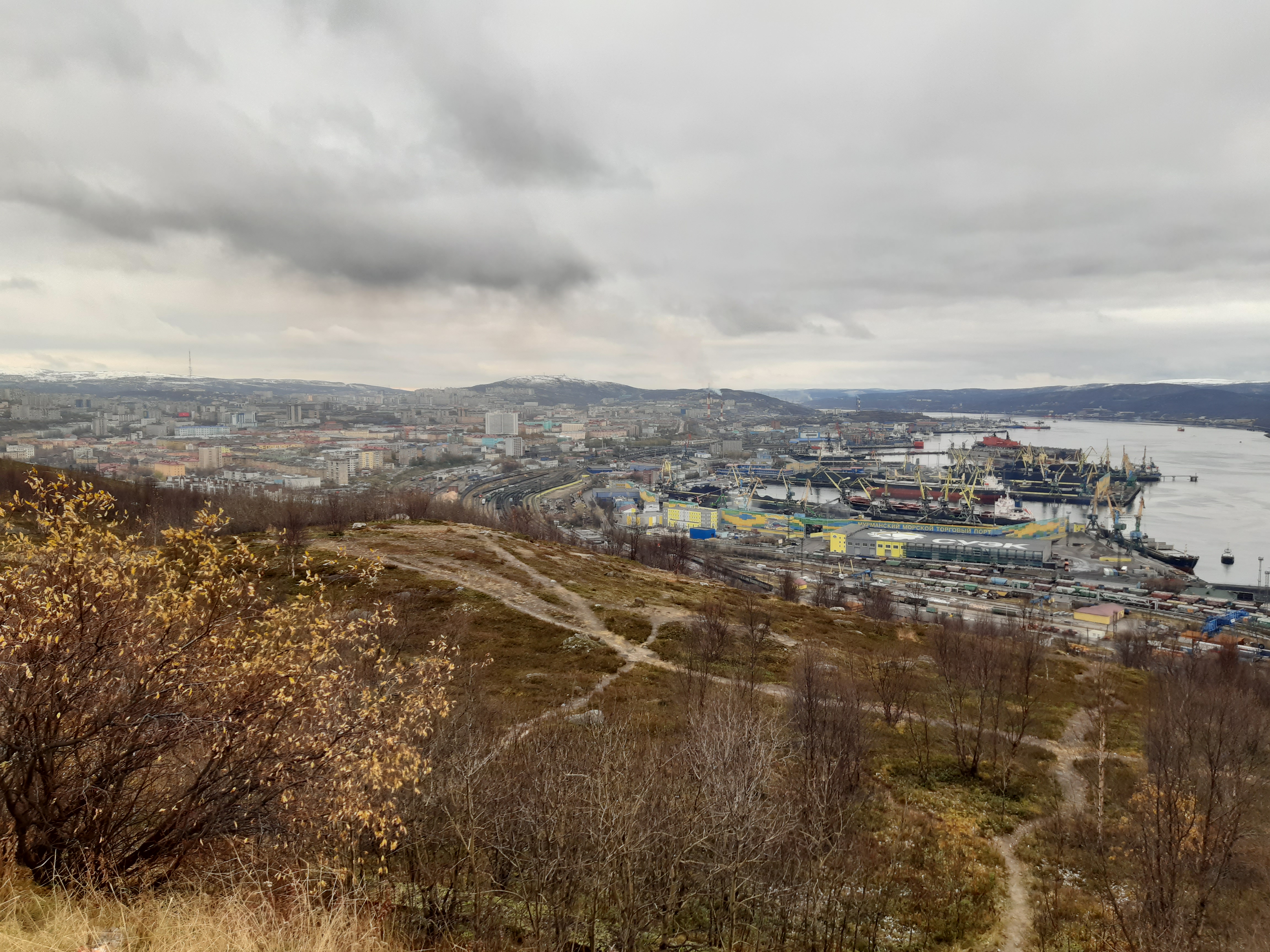
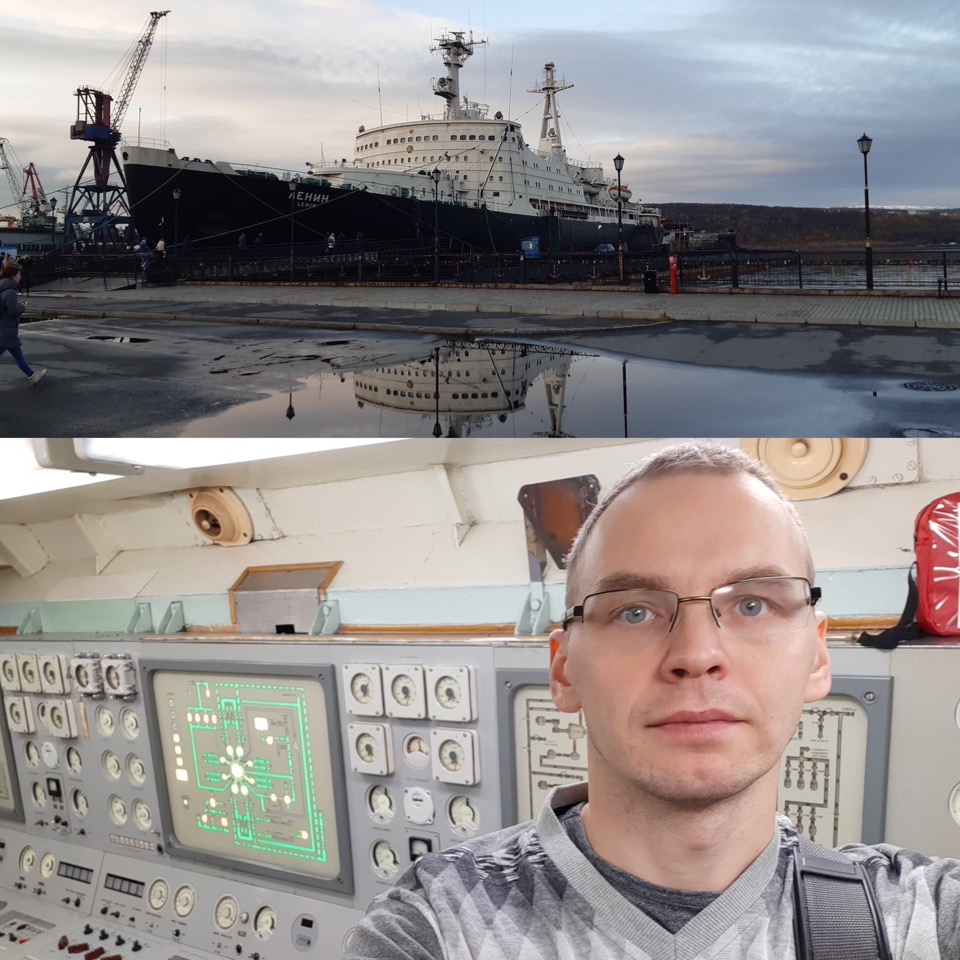
The venue spoke on its own. Murmansk is an important hub for sea shipping in the Arctic and a home base to Russia’s unique nuclear icebreaker fleet (Atomflot). General director of Atomflot Mustafa Kashka welcomed the participants on board of the first nuclear icebreaker Lenin, currently a museum. The program also included a visit to Vaygach, a nuclear icebreaker that is still operational.
Contrary to the scientific consensus regarding climate crisis and melting of the Arctic sea ice, Mustafa Kashka believes nuclear icebreakers will be always in demand. Summary of his opinion informally translated to English goes as follows:
“Often when people talk about the Arctic development and shipment they say it is warming and there is less and less ice. I am very skeptical about that, because the Arctic region and climate have circles and secondly they forget that we came with new technologies. When Cheluskin got stuck in the ice [in 1934], it had 3000 horse powers, Margerie [a modern LNG tanker Christophe de Margerie] has 60 000 horse powers.”
Read more about the School in Russian here.
Sohvi Kangasluoma edits the series “Arctic futures”, first article written by Sanna Kopra and Liisa Kauppila
Our Sohvi Kangasluoma is the editor of series “Arctic futures”, (Arktiset tulevaisuudet), published in The Ulkopolitist. The first article was published today and is written by Sanna Kopra and Liisa Kauppila. The article is titled “Arktiset tulevaisuudet: Kiinan punatähti Arktiksen yllä vai suojeltu pohjoinen vuonna 2049?” (Arctic futures: China’s red star above Arctic or protectedNorth in 2049?). In the piece, Kopra and Kauppila lay out four different scenarios about China’s future in the Arctic in 2049 accompanied with amazing pictures by Tuuli Hypén.
Read article online at The Ulkopolitist
Towards Carbon-Neutral Mobility in Finland: Mobility and Life Satisfaction in Day-to-Day Life
Sakari Höysniemi got his article “Towards Carbon-Neutral Mobility in Finland: Mobility and Life Satisfaction in Day-to-Day Life” published in the Sustainability journal. The article is co-authored with Arto O. Salonen and will be part of Sakari’s PhD dissertation.
Finland, a prosperous Nordic country with a population of 5.5 million and significant distances between towns, though quite short distances traveled by car, is aiming to be a carbon-neutral society by 2035. Due to the level of urgency, a technological pathway with decarbonization of fuels and innovation only, is unlikely to be sufficient. Instead, a more systemic change based on a transformative pathway with demand-side management, i.e., measures based on behavioral change, is vital. In this research we were interested in learning how life satisfaction relates to the behavioral intentions of Finnish citizens, regarding a sustainable modal shift. We focused on walking, cycling, public transport and reduction in car use, e.g., a transition from fossil fuels to active mobility, from ownership to usership. Data were collected via a questionnaire in April 2017. The respondents (n = 2052) provided 2335 comments as to why they considered a specific sustainable modality as being important to them. We applied both qualitative and quantitative methods in order to establish how the mobility behavior of citizens manifests nationwide and the types of arguments that citizens put forward concerning their mobility intentions. The results indicate that there is a strong relationship between the respondents’ reduced use of private cars and their life satisfaction. There is a concern about sustainability and a willingness to change current mobility practices, as well as signs of altruism, while hedonic concerns such as health and personal finances dominate the responses. Furthermore, concerns about social injustice, such as a lack of public transport, are emerging themes, i.e., when enacting mobility transitions it is vital to focus on how to enable a meaningful life for all demographic groups using suitable mobility services.
This is an open access article and it can be read online.
2nd International Conference “Our Climate – Our Future: Regional Perspectives on a Global Challenge”
From 23 to 25.09.2019 2nd International Conference “Our Climate – Our Future: Regional Perspectives on a Global Challenge was organised in Berlin, Germany.
Professor Tynkkynen participated in Open Panel Discussion ‘On the importance of Science Diplomacy in the Arctic realm’ on 24th of September, Tuesday.
By hosting this public event, our goal is to open the conference to a broader audience, and to highlight how science can serve as a bridge-builder for political processes when other channels fail. The Arctic was selected as the panel’s focus region. We will discuss how academic exchanges can foster constructive dialogues between countries and cultures, because they are based on the values and methodological standards of science – and science and research know no borders.
Science diplomacy draws on the reputation, networking and neutrality of science in order to improve international relations, and can be a powerful tool for developing joint strategies to face global challenges. Given the ongoing changes in the Arctic, all countries – Arctic and non-Arctic alike – now urgently need to make major decisions, because the changes affect us all. The following guest speakers from Norway, Finland, Iceland and Germany will speak at the conference.
More information on the event can be found online here.
Dmitry Yagodin gave first lecture of the Studia Generalia
Yesterday Dmitry Yagodin gave first lecture of the Studia Generalia series at the University of Lapland, Rovaniemi.
Breathing Kemijoki inspiration for my Russia’s #climatechange talk at @ulapland @rgrenvironment pic.twitter.com/z31bcb6hx3
— Dmitry Yagodin (@yagodim) September 19, 2019
More information can be found at the University of Lapland website.
